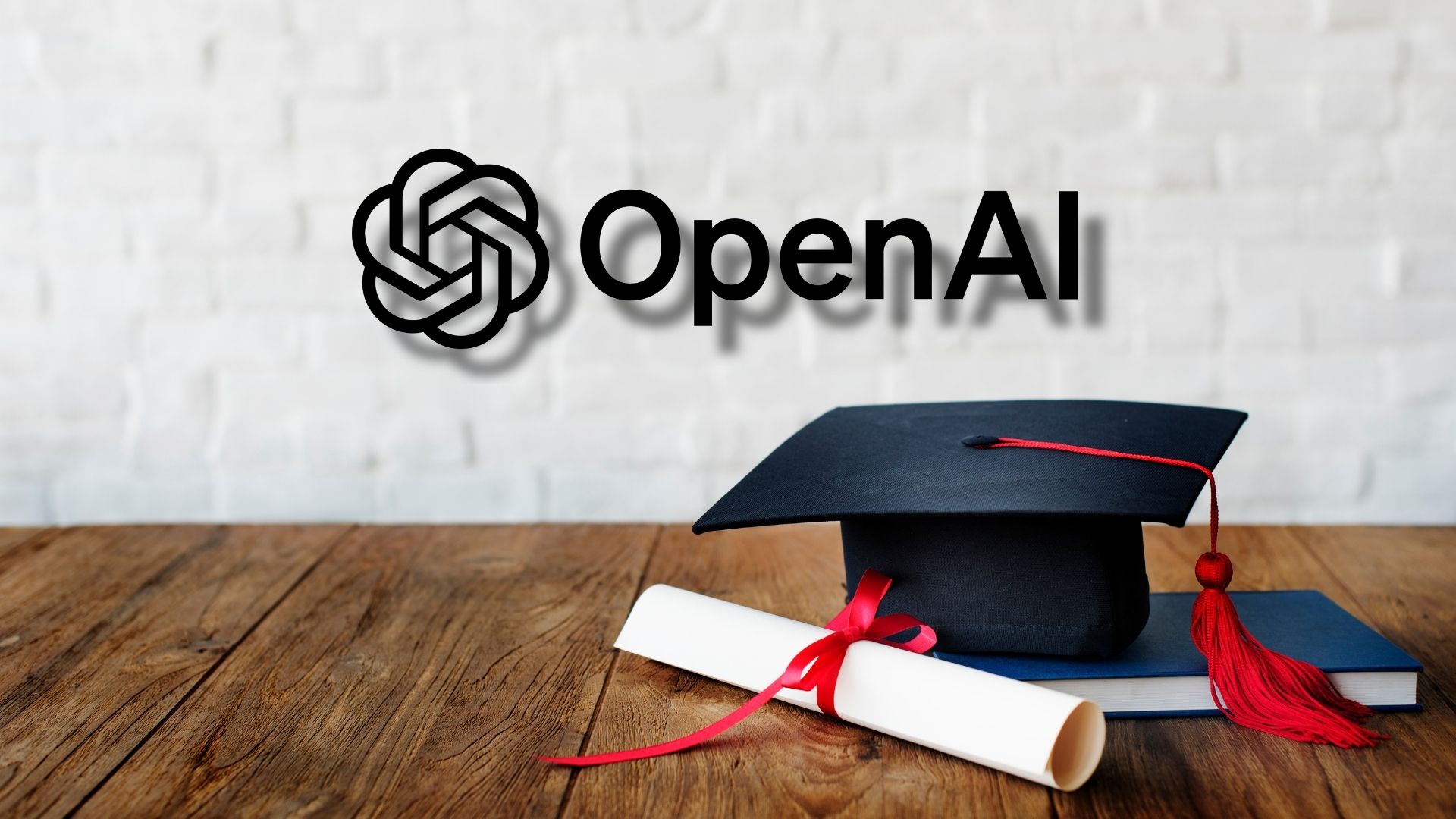The UN Secretary General has warned that AI must augment human potential rather than replace it, speaking at the India AI Impact Summit in New Delhi. Addressing leaders at Bharat Mandapam in New Delhi, he urged investment in workers so that technology strengthens, rather than displaces, human capacity.
In New Delhi, he cautioned that AI could deepen inequality, amplify bias and fuel harm if left unchecked. He called for stronger safeguards to protect people from exploitation and insisted that no child should be exposed to unregulated AI systems.
Environmental concerns also featured prominently in New Delhi, with Guterres highlighting rising energy and water demands from data centres. He urged a shift to clean power and warned against transferring environmental costs to vulnerable communities.
The UN chief proposed a $3 billion Global Fund on AI to build skills, data access and affordable computing worldwide. In New Delhi, he argued that broader access is essential to prevent countries from being excluded from the AI age and to ensure AI supports sustainable development goals.
Would you like to learn more about AI, tech and digital diplomacy? If so, ask our Diplo chatbot!










